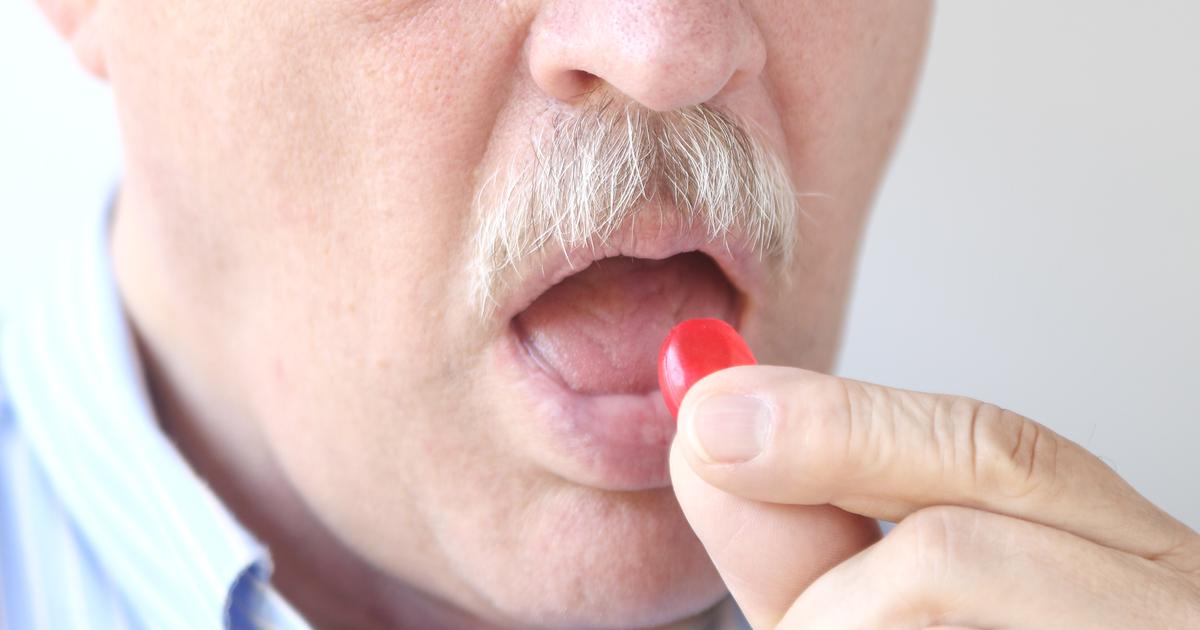How To Effectively Treat A Dry Throat
Suck On Lozenges

Sucking on lozenges may help soothe the dryness and pain of a sore throat by lubricating the lining of the throat. Many types of lozenges can be purchased over-the-counter, and they typically contain antibacterials such as amylmetacresol or hexylresorcinol to combat potential bacterial infections that might be present in the throat. Menthol and eucalyptus are popular ingredients in lozenges, and these act as nasal decongestants, providing a cooling sensation that reduces pain. Some lozenges could contain benzocaine, lignocaine hydrochloride, or other anesthetics that numb the throat and alleviate pain. Lozenges with anesthetics are especially helpful for severely sore throats. Lozenges containing non-steroidal anti-inflammatories can also be useful for patients experiencing significant throat pain; these lozenges may require a prescription in some states. While lozenges are safe for use by most, individuals who have asthma, allergies, or cardiovascular issues should ask their physician before using these products.
Use Nasal Sprays

Sore throats are often exacerbated by irritation from postnasal drip. Patients with a sore throat may want to use nasal sprays to reduce this irritation. Saline nasal sprays help provide moisture for the nasal passages, and decongestant nasal sprays with active ingredients such as oxymetazoline and phenylephrine may be beneficial as well. Both of these nasal sprays are available over-the-counter. In general, patients should only use over-the-counter nasal sprays for between three to five days before checking with a doctor. Using these types of nasal sprays continuously for a long period could worsen symptoms. Patients with high blood pressure or prostate issues will need to consult their physician before using a decongestant nasal spray. If over-the-counter nasal sprays don't provide relief, clinicians might choose to prescribe a cortisone-based nasal spray.
